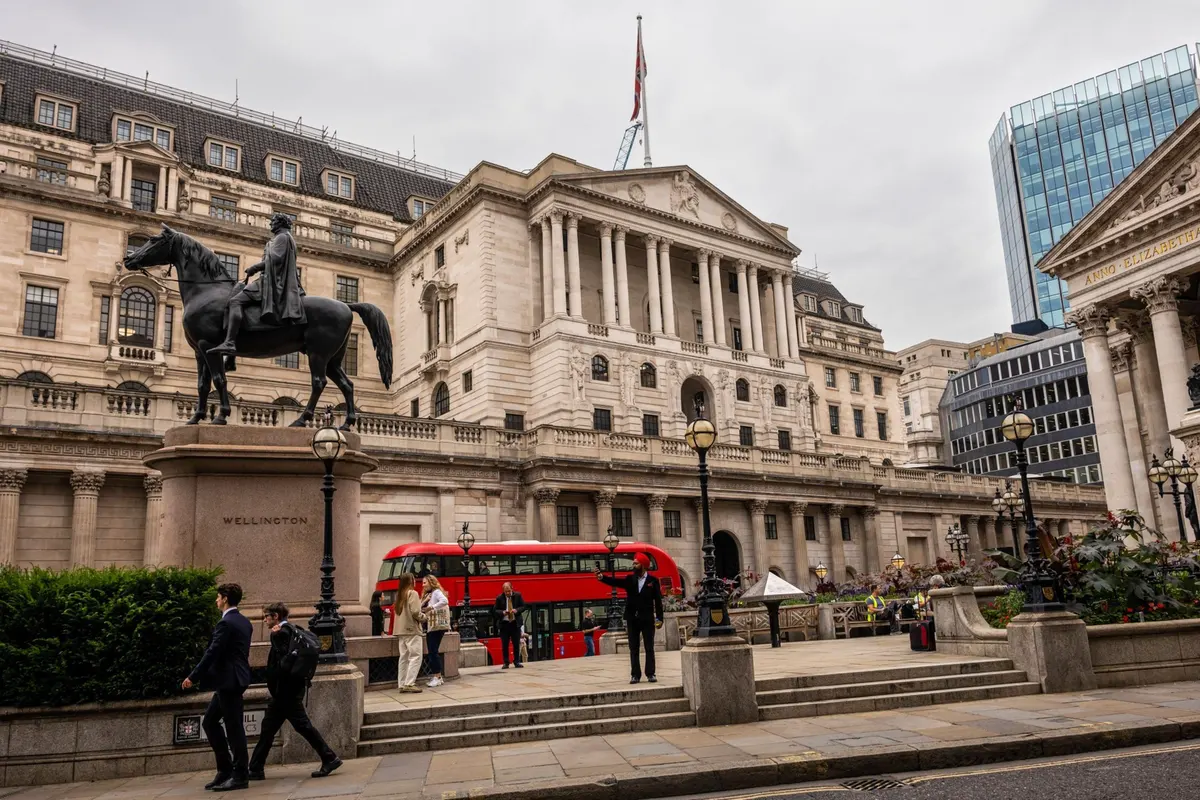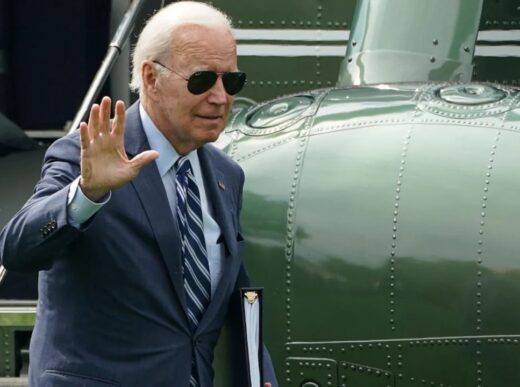The United Kingdom finds itself at the center of an economic struggle as inflation rates remain stubbornly high, raising concerns for both the government and the central bank. Prime Minister Rishi Sunak had promised to halve inflation by the end of the year, but recent data suggests a challenging road ahead. With economic growth stagnating, public debt reaching historic levels, and inflation refusing to retreat, tensions are mounting between policymakers and the Bank of England.
Inflation Woes and Economic Indicators
Despite expectations that inflation would naturally decrease as energy prices stabilized, the Consumer Price Index (CPI) remained unchanged at 8.7% in May, while core inflation rose to 7.1%, its highest level in over three decades. Concurrently, average wage growth excluding bonuses accelerated to a record-breaking 7.2%, and the labor market faced unexpected challenges, including a rise in long-term sickness and a decline in labor force participation.
The UK’s economic growth has faltered, and public debt has exceeded 100% of the gross domestic product, a level unseen since 1961. These factors contribute to a complex economic landscape that demands urgent attention.
The Bank of England’s Response and Policy Divergence
In June, the Bank of England implemented an aggressive interest rate hike, contrasting the actions of other major central banks. The decision raised concerns about potential mortgage crises and highlighted the growing disconnect between the Bank of England and the government.
Experts argue that the UK is grappling with a unique combination of challenges, including labor market shocks and energy price surges. The impact of the war in Ukraine and delayed government interventions during the energy crisis have exacerbated the situation. To regain control over inflation, the Bank of England will likely need to take additional measures.
Political Dimensions and External Factors
Prime Minister Rishi Sunak has expressed his support for the Bank of England, but if inflation remains persistently high, government ministers may shift blame towards the central bank. The government’s plan for pre-election tax cuts in 2024 becomes more challenging due to the soaring public debt. Some experts argue that Brexit has contributed to labor market tightness and inflationary pressures, while others highlight the impact of the UK’s response to the COVID-19 pandemic.
Bank of England’s Credibility and Economic Challenges
The Bank of England’s credibility is increasingly in question, with its forecasting accuracy regarding inflation coming under scrutiny. Economists stress that the central bank’s ability to influence the domestic economic picture is limited, as the UK remains largely dependent on global monetary conditions. The current economic scenario evokes memories of the “British disease” of the 1970s, characterized by economic stagnation and high inflation.
Reviewing Inflation Forecasts and Future Frictions
The Bank of England is undertaking a review of its inflation forecasting mechanisms in light of recent challenges. Lessons are being learned, and the central bank anticipates a rapid decline in inflation this year, albeit at a slower pace. Brexit-related supply-side effects and additional frictions in food inflation are expected as new import checks on animal and plant products from the EU are introduced.
Conclusion: Navigating the Road Ahea
The battle against inflation in the UK presents a complex and multi-faceted challenge. The government and the Bank of England must find common ground to address the economic woes and regain control over rising prices. Learning from past mistakes, transparent communication, and proactive policy adjustments will be crucial to steering the UK economy toward stability and sustainable growth.















